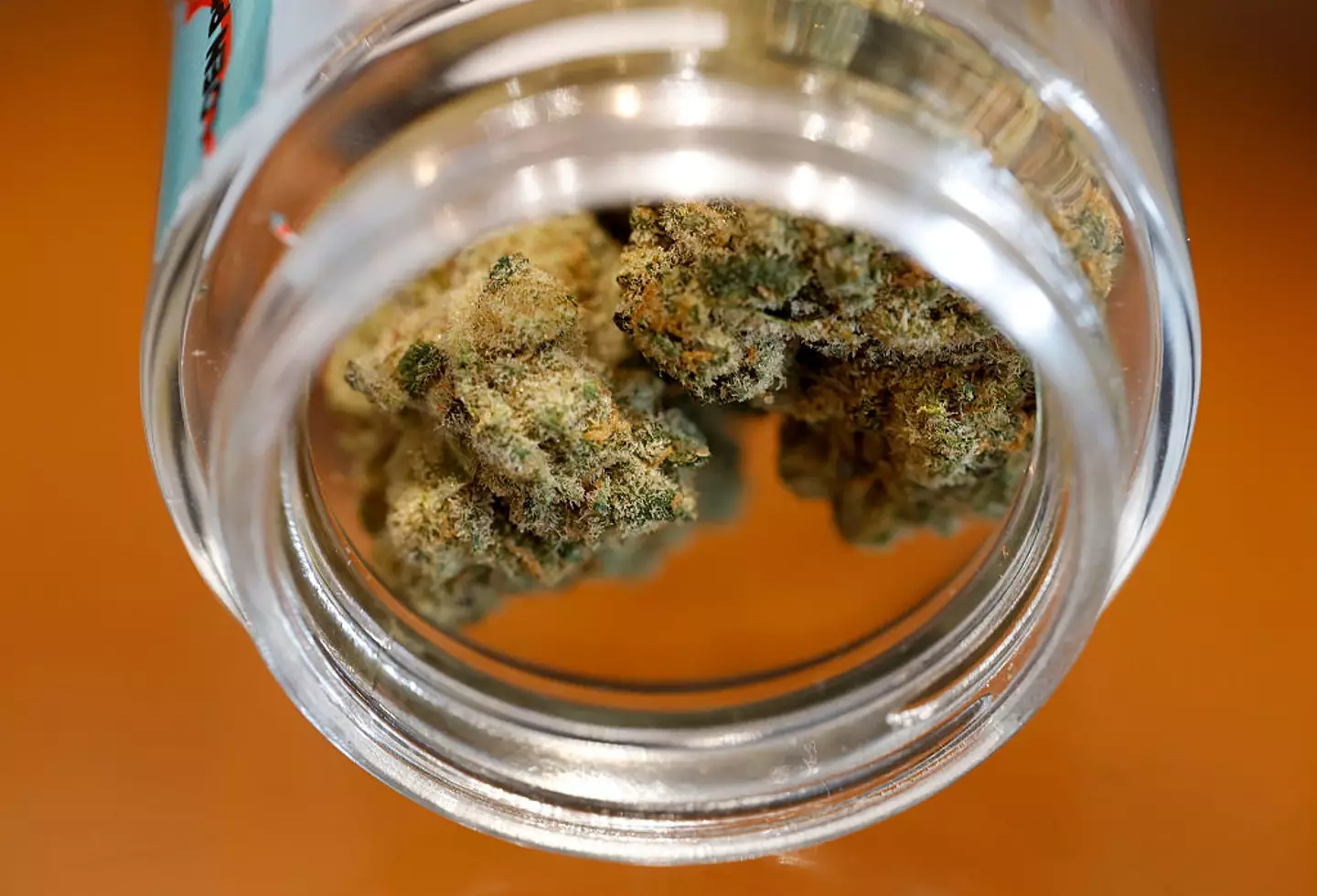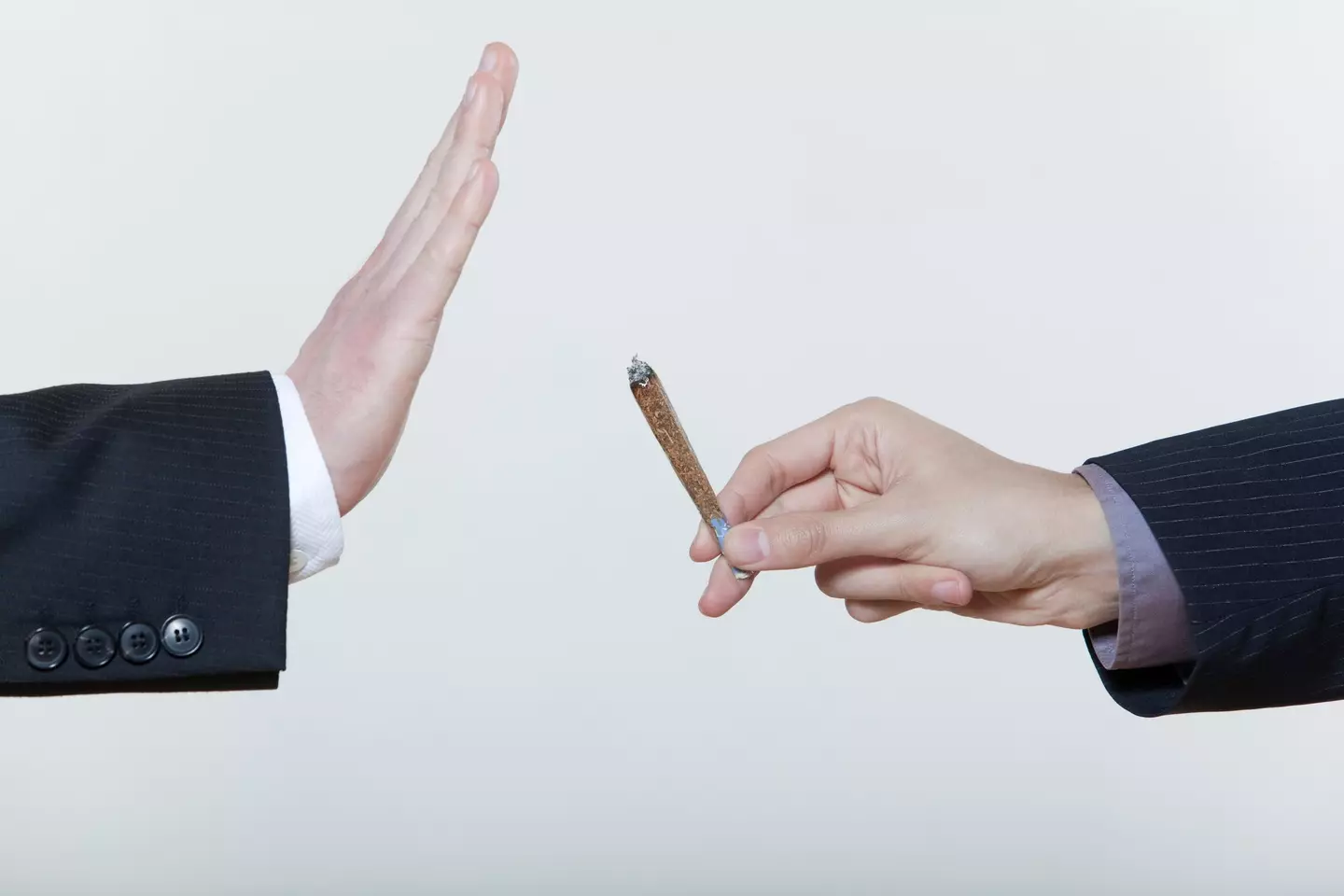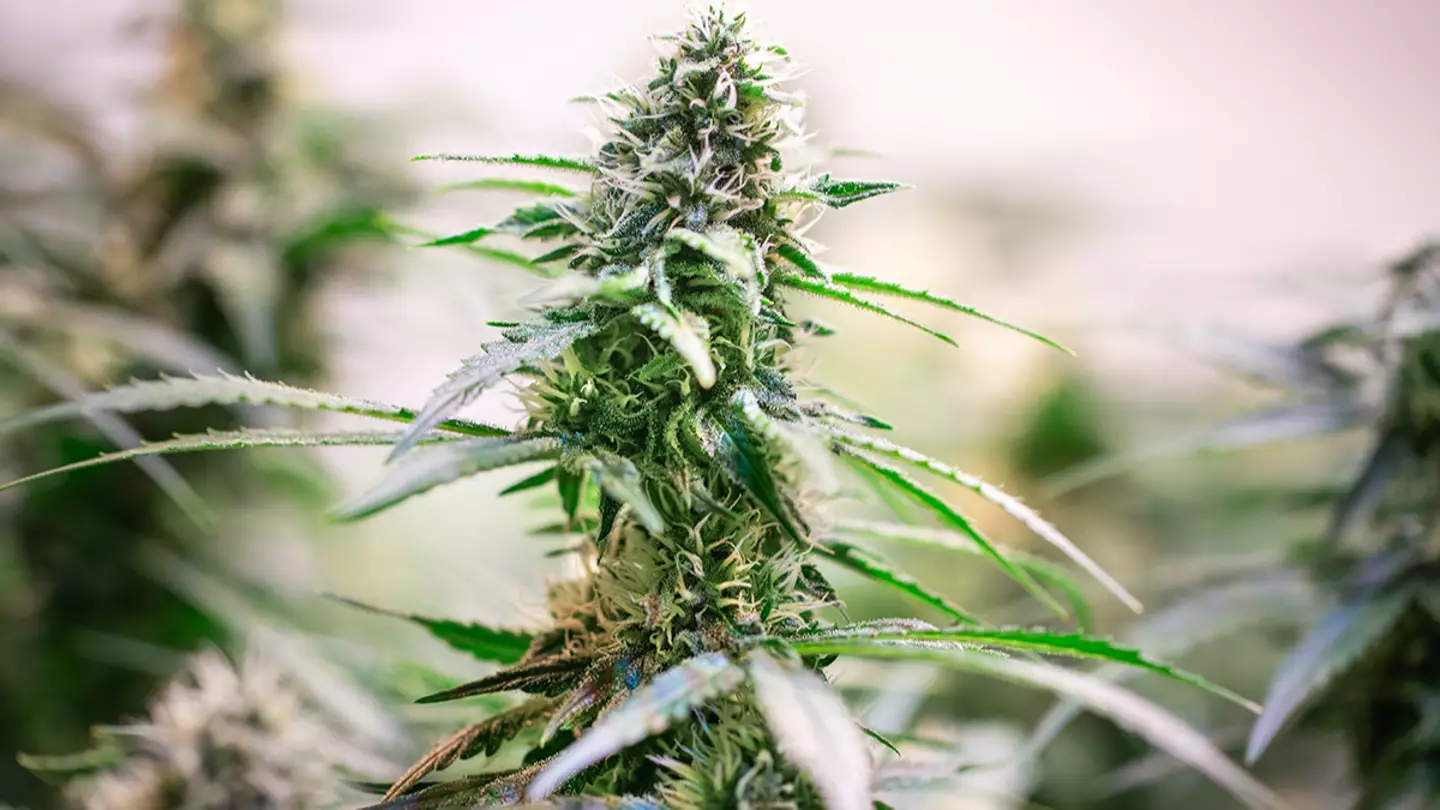Researchers have released new health advisories regarding cannabis consumption, noting that the potency of the drug has increased significantly over the past two decades.
Cannabis is once again a topic of discussion as Donald Trump considers revising the legal framework surrounding it.
The former US president is contemplating reclassifying cannabis from Schedule I—where it’s currently deemed as highly addictive and dangerous, similar to heroin, ecstasy, and LSD—to Schedule III, which reflects a lower risk of physical and psychological dependence.
Although this would still render the drug illegal, it would be seen as having ‘a moderate to low potential for physical and psychological dependence.’
Despite this classification, many states have legalized cannabis for medicinal use, and 24 states allow it for recreational purposes. A recent Canadian study has highlighted potential long-term hazards of cannabis use.
Canada legalized cannabis across the board for both recreational and medicinal purposes with the enactment of The Cannabis Act on October 17, 2018.

The Canadian Medical Association Journal published a study on Monday (August 11) linking regular cannabis use—now more potent—to mental health concerns.
The research indicated that cannabis has become substantially stronger since the early 2000s; back then, THC levels, responsible for the drug’s ‘high,’ averaged around four percent. Nowadays, legal cannabis in Canada typically exceeds 20 percent THC.
Dr. Nicholas Fabiano, MD, co-author and researcher with the University of Ottawa’s Department of Psychiatry, remarked: “Cannabis from the 2000s is not the same as in 2025. THC content has increased by five times. This is likely a significant driver in the increasing link between cannabis use and schizophrenia.”
Other findings from the study include…

Consuming cannabis with high THC concentrations regularly can elevate the risk of psychosis, manifesting as hallucinations or delusionary thoughts.
This risk is particularly pronounced among younger individuals, males, and those with pre-existing mental health conditions like bipolar disorder, depression, or anxiety.
While most individuals experiencing cannabis-related psychosis recover quickly, often within a day, those with prolonged symptoms or a history of psychosis may require hospitalization.

A significant study involving 9.8 million Ontario residents identified a robust connection between cannabis-related health issues and schizophrenia.
Individuals visiting emergency departments for cannabis use had a 14-fold increased risk of developing a schizophrenia-spectrum disorder within three years compared to the general populace.
For those diagnosed with cannabis-induced psychosis, this risk was over 240 times higher, with the most considerable danger occurring within the initial years post-diagnosis.

The study suggests that the primary treatment for cannabis-induced psychosis is to cease cannabis usage entirely.
In severe cases, medical professionals may prescribe antipsychotic medications to manage symptoms.
As symptoms improve, the medication can often be tapered off or stopped entirely.

On a more positive note, counseling methods like motivational interviewing can assist individuals in deciding to quit, while cognitive-behavioral therapy offers strategies to handle cravings and prevent relapses.
These therapeutic approaches, offered by healthcare professionals or psychologists, can lessen cannabis use, alleviate mental health symptoms, and enhance daily functioning.
For confidential advice about drugs, you can reach out to American Addiction Centers at (313) 209-9137, available 24/7, or visit their website for more information.

